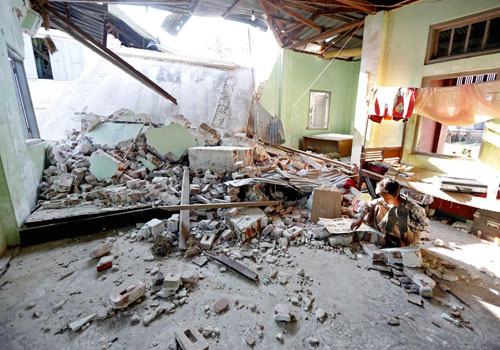Major shortages among Australian mining and resource companies are providing opportunities for skilled British engineers to head down under
There is a shortfall of about 20,000 professional engineers in Australia and this number is expected to rise further due to the mining and resources boom and large infrastructure projects.
Australian exports of natural resources and minerals have been given a huge boost, mainly from China, as it rapidly expands its cities, airports and housing.
But the engineering shortage is a long-term one due to the inadequate supply of engineering graduates and large numbers of experienced engineers coming up for retirement.
Ian Goodier, a mining and resources consultant at Australia-based recruiter Talent2, said: “The continued growth of the mining sector in Australia has caused there to be a large demand for engineers, which is not matched by supply in the local market. The Queensland Resources Council recently predicted as many as 35,000 jobs would be vacant in two years time unless changes were made to a wide range of areas including apprenticeships, immigration and taxation.”
To tackle the problem, Australian employers are turning to overseas markets to fill the skills gap, particularly from Britain, South Africa and India. Some businesses are also outsourcing engineering work to New Zealand.
Phil Desmet, the executive general manager of SouthTech, the engineering and building services division of recruitment firm Clarius, said: “Australian standards are very similar to those in the UK so there is a preference for these candidates but only when there is no other talent available with solid local experience.”
The latest Clarius Skills Index, which measures the supply and demand for skilled labour across 20 job categories, recently found that engineering firms are amongst those expected to be hardest hit by a looming skills shortage in the Australian workforce over the next decade.
Desmet added that engineers most in demand are those with a mix of skills in project management with a mechanical or civil background, along with mid-level engineers with a proven track record and an appetite to learn new skills.
Skills pressures had eased recently because of uncertainty among mining and resource firms about Australia’s economy and plans for a carbon tax. Last month the government was given approval for the controversial levy, which forces the 500 worst polluting companies to pay a tax on their carbon emissions.
It is expected that mining firms, airlines, steel makers and energy firms will simply pass on the added costs to consumers.


